The global economy is experiencing rapid changes during the first years of the 21st century, with new technologies, concepts, and behaviors now changing the way we live and work. Blockchain, self-driving cars, Artificial Intelligence, and machine learning, Three-Dimensional (3D) printing, and Augmented Reality (AR) are just a few examples of technologies that hold the potential to create new markets and disrupt legacy businesses. At the same time, the world is experiencing increasing urbanization, with large cities continuing to act as centers of economic, technical, cultural, and social growth.
Related INSIGHTS
Explore the latest research and innovations in wireless, video, and AI technologies.
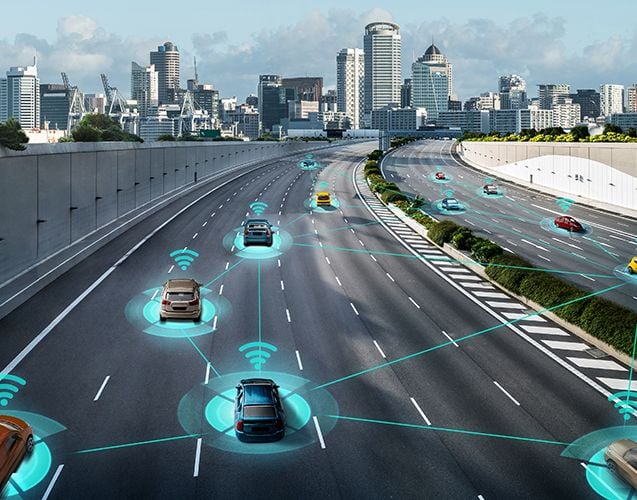
WHITE PAPER
Bridge to 6G: Spotlight on 3GPP Release 20
“Bridge to 6G: Spotlight on 3GPP Release 20”, authored by ABI Research and commissioned by InterDigital, explores how 3G...
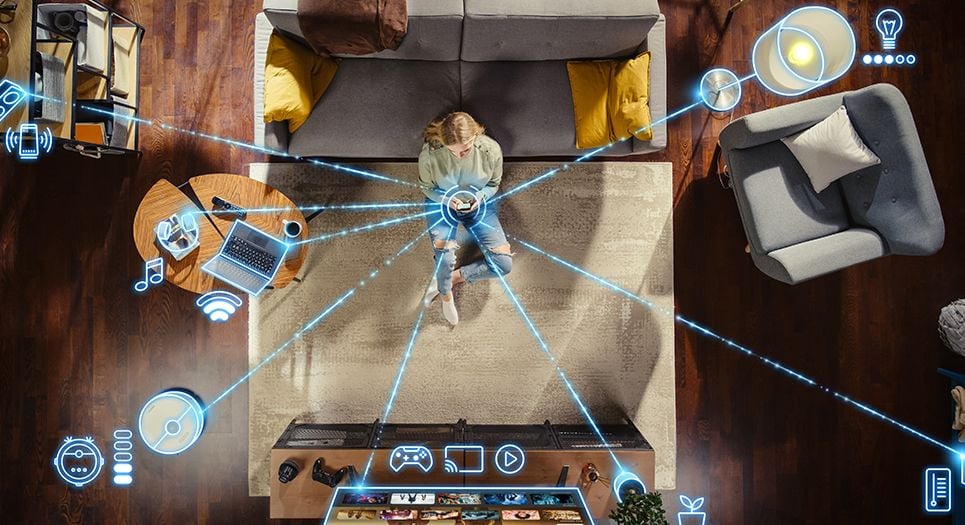
BLOG POST
Addressing our Carbon Handprint with Sustainable Innovation

WHITE PAPER
Media Over Wireless: Networks for Ubiquitous Video
Media over Wireless: Networks for Ubiquitous Video explores the escalating demands and trends around consumer behavior f...
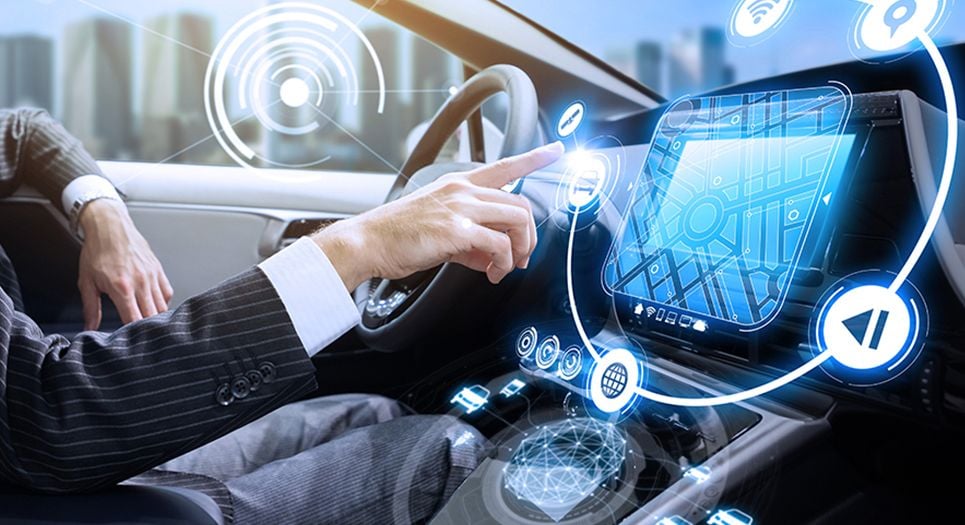
BLOG POST
Driving the Future: ISAC’s Potential for Connected Vehicles
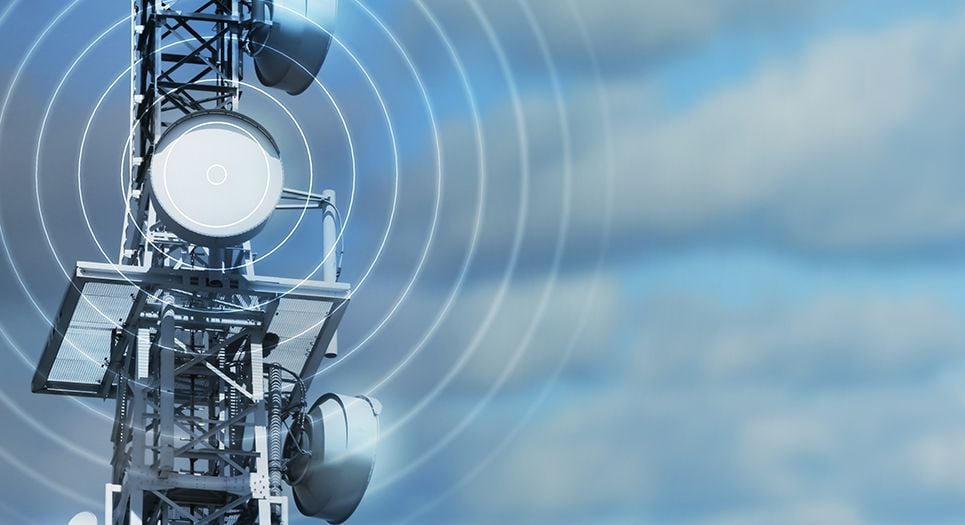
BLOG POST
Defining and Designing the Scope of 6G
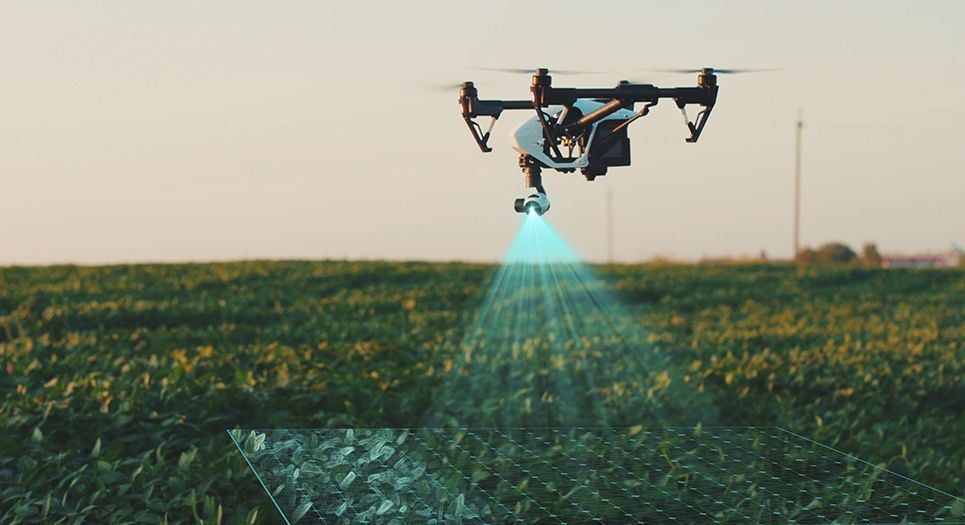
BLOG POST
